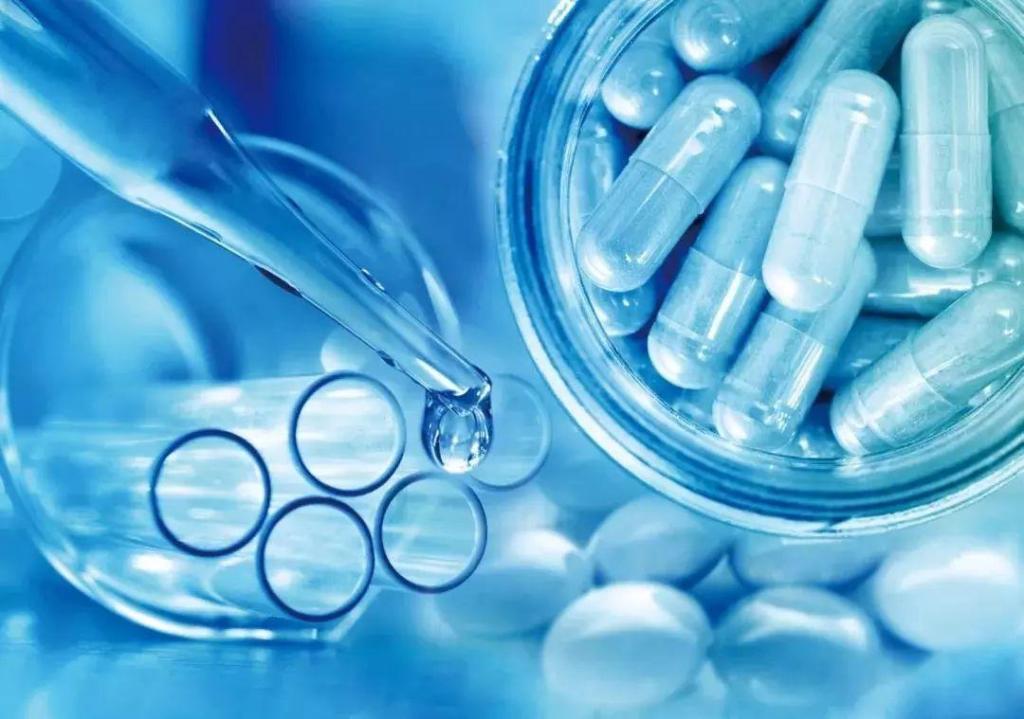
 CONTACT
CONTACT
- Linkman:Linda Yao
- Tel: +8618231198596
- Email:linda.yao@dcpharma.cn
- Linkman:CHARLES.WANG
- Department:Overseas
- Tel: 0086 0311-85537378 0086 0311-85539701
Nisin as a natural antibiotic
TIME:2024-01-26
Nisin is often referred to as a natural antibiotic due to its antimicrobial properties, but it's important to distinguish its use from traditional antibiotics commonly prescribed for bacterial infections.
Nisin is a peptide, specifically a bacteriocin, produced by certain strains of the bacterium Lactococcus lactis.It has potent antimicrobial activity against a variety of Gram-positive bacteria.
Nisin is produced through the fermentation of bacteria and is considered a natural product. It is commonly used as a food preservative to prevent the growth of bacteria and extend the shelf life of food products.
Nisin exhibits specificity for Gram-positive bacteria, including species such as Staphylococcus and Listeria.It disrupts the bacterial cell membrane and causes cell death.
Nisin's mechanism of action involves binding to Lipid II, a precursor molecule involved in bacterial cell wall synthesis.This binding disrupts the cell membrane, leading to the formation of pores and subsequent leakage of cellular contents.
One notable characteristic of nisin is its low potential for resistance development.The specificity of its action and the complexity of its mechanism make it less prone to resistance compared to some traditional antibiotics.
While nisin has antimicrobial properties, its primary use is as a food preservative.It helps prevent the growth of spoilage and pathogenic bacteria in food products, contributing to food safety and quality.
While nisin has been investigated for potential therapeutic applications, its use in clinical settings as a systemic antibiotic for treating infections is limited.Challenges such as bioavailability and specific targeting may affect its clinical application.
There is ongoing research to explore the potential therapeutic applications of nisin and other antimicrobial peptides.This includes investigating its effectiveness against bacterial infections, particularly those caused by antibiotic-resistant strains.
While nisin is considered a natural antibiotic with antimicrobial properties, its current applications are primarily in the food industry as a preservative.
- Tel:+8618231198596
- Whatsapp:18231198596
- Chat With Skype







